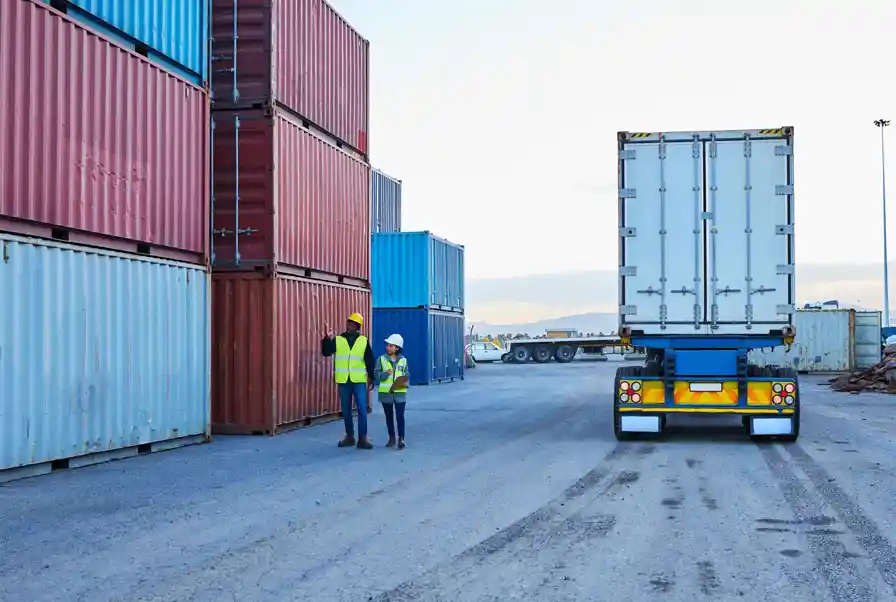NVOCC
In the modern era of global trade, the free and unhindered flow of goods across borders is crucial. NVOCCs are important by facilitating shipping and logistics services that enhance the ease, dependability, and affordability of global trade. Who are they, what do they do, and why do they matter? This article discovers the answers.
What is an NVOCC?
A Non-Vessel Operating Common Carrier (NVOCC) is an intermediary logistics company that organizes ocean freight shipments without operating any vessels. They function in a similar way to carriers in that they write their own bills of lading and book cargo space on principal shipping lines for their customers.
Innovating Contemporary Logistics with NVOCC
NVOCCs maximize the management of cargo, transportation, documentation, and customs, and minimize risks to enable cost-efficient global trade.
It makes global shipping faster, easier, and less expensive.
By not owning ships and efficiently managing cargo.
We enable seamless and cost-efficient global trade.
NVOCC Functions and Services
- Cargo Consolidation
NVOCCs consolidate loads of several shippers into a single container and provide Full Container Load (FCL) or Less than Container Load (LCL) services. This allows for economical shipping, particularly for small to medium-sized companies. - Booking and Documentation
They facilitate the booking and prepare necessary documents including bills of lading, customs forms, and export documents, which save shippers considerable time and ensure compliance. - Space Allocation
NVOCCs reserve space on ocean carriers with negotiated agreements. This enables them to provide competitive rates and maximize cargo capacity to their customers. - Intermodal Transportation
They organize the entire logistics chain—from pick-up inland to delivery at port—so that cargo travels seamlessly from point of origin to final destination. - Customs Clearance
NVOCCs facilitate navigating customs procedures so that shipments adhere to all regulatory requirements and prevent unnecessary delays in crossing borders.
- Risk Mitigation
They provide cargo insurance and risk assessment services, assisting shippers in safeguarding their products in transit against loss, damage, or theft. - Tracking and Tracing
Real-time tracking systems enable customers to track their shipments during transit, providing greater transparency and peace of mind.
Importance of NVOCCs in International Shipping
By handling logistics, documentation, and carrier coordination, NVOCCs provide a one-stop-shop solution, simplifying the shipping process for companies.
They cut shipping expenses through cargo consolidation, negotiating bulk shipment rates with carriers, and minimizing container use while maximizing value.
NVOCCs deliver insurance and aggressive risk reduction measures, enabling enterprises to reduce losses and ensure continuity of the supply chain.
Thanks to large worldwide networks, NVOCCs have global coverage of services that allow shippers to reach far-flung points easily.
They accommodate various cargo sizes and schedules, allowing shippers to send smaller loads without waiting to fill an entire container.
Conclusion
NVOCCs are critical to international logistics, filling the gap between ocean carriers and shippers. Their full range of services—consolidation and documentation through customs support and cargo tracking—streamlines international trade and provides cost-efficient solutions. In an increasingly global economy, their contribution to the smooth and secure transport of goods is more critical than ever.
